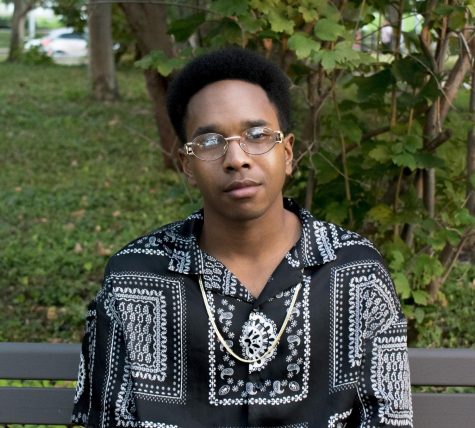Smith: Political correctness and college campuses
College campuses have provided spaces for academic discussion, discourse and growth among students for centuries. However many see that they are becoming the opposite of what they once were. Bill O’Reilly even compared the climate on campuses to 1930s Germany, prior to World War II. Probably a little hyperbolic.
“Political correctness” is the culprit, and it is believed by many to be the destruction of colleges and universities everywhere.
What exactly is political correctness? I’ve heard it used multiple times, all in confusing and seemingly unrelated ways. Some people have used it to describe discussing racism, such as Ben Carson calling the Black Lives Matter movement “political correctness gone amok.”
Another time, political correctness was blamed in the case of Curt Schilling, a former ESPN analyst who was fired for sharing a transphobic meme on his Facebook page, along with dismissing the existence of transgender people.
Initially, political correctness sounded simply as a rebuttal to fight against issues that disproportionately affect minorities. The meaning of the phrase was never fully explained by anybody who used it, and it was simply used in too many contexts, so here’s a better articulated meaning: In my opinion, political correctness involves shutting down different opinions and avoiding academic conversations. Something that is unacceptable for a college campus that promotes growth through learning.
President Obama addressed the culture on college campuses, saying that we should look to hear these arguments and then debate.
“It’s not just sometimes folks who are mad that colleges are too liberal that have a problem,” President Obama said. “I’ve heard some college campuses where they don’t want to have a guest speaker who is too conservative or they don’t want to read a book if it has language that is offensive to African-Americans or somehow sends a demeaning signal towards women. I gotta tell you, I don’t agree with that either. I don’t agree that you, when you become students at colleges, have to be coddled and protected from different points of view. I think you should be able to — anybody who comes to speak to you and you disagree with, you should have an argument with ‘em. But you shouldn’t silence them by saying, ‘You can’t come because I’m too sensitive to hear what you have to say.’ That’s not the way we learn either.”
He believes that students can handle the arguments and opposing points of view in better ways, which is true. It is not uncommon for conservative speakers to face opposition when attempting to speak on college campuses. It is okay to oppose the argument, but to not allow the argument to be made altogether is not who we should become.
We cannot avoid tough conversations in the academic world, and we cannot shun conservative speakers and refuse to allow them to speak. This is not to say that all ideas should be even met with an argument, but they should at least be heard. If we try any other way, it becomes too arbitrary and students may become scared to express their opinion.
While political correctness may exist on some college campuses, it is far from representative of higher education as a whole. It is important that academic discussion continues, but without dissenting opinions, there is no growth. There needs to be discussion. We need to make sure that all voices are heard in order to insure that college campuses remain a place of learning for years to come.

KJ is a fourth-year Pre-Law student and sociology major who also minors in psychology and English. He is a Cleveland native, a member of the Emerging Scholars...


